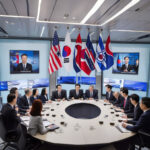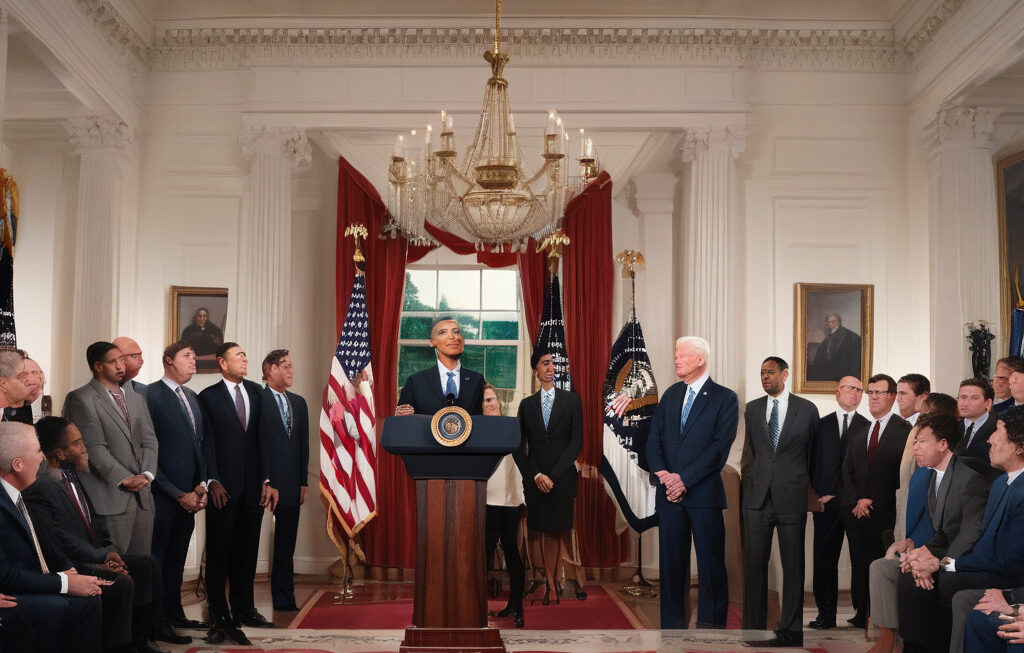Brazil Denies Reports of Tech Tax in Response to US Tariffs
Brazil’s tech industry breathed a sigh of relief as the government officially denied reports of imposing a tech tax in response to US tariffs. The speculations were put to rest by Fernando Haddad, who emphasized that the government would only act based on concrete decisions, not on mere speculation.
The rumors of a tech tax had sent ripples of concern through the Brazilian tech community, which has been thriving in recent years. With a growing number of tech startups and companies making their mark on the global stage, any potential disruption in the form of new taxes could have had serious repercussions.
Brazil has been actively working to position itself as a hub for tech innovation and entrepreneurship. With initiatives to attract foreign investment, support local startups, and foster a culture of innovation, the country has seen significant growth in its tech sector. Any sudden changes, such as the imposition of a tech tax, could have dampened this progress.
Fernando Haddad’s statement reiterating the government’s commitment to making informed decisions is a reassuring sign for the tech industry. It shows that Brazil values its tech ecosystem and is willing to support its growth in a strategic and thoughtful manner.
The importance of clarity and transparency in government actions cannot be overstated, especially when it comes to policies that can impact an entire industry. By dispelling the rumors of a tech tax and emphasizing the need for concrete decisions, Brazil has demonstrated its understanding of the delicate balance required to nurture a thriving tech sector.
While the specter of a tech tax may have been dispelled for now, it serves as a reminder of the interconnected nature of the global economy. The tech industry, in particular, is highly sensitive to changes in policies and regulations, given its reliance on cross-border trade and collaboration.
As Brazil continues to solidify its position in the tech world, maintaining open channels of communication with industry stakeholders will be crucial. By engaging in dialogue, seeking feedback, and considering the implications of its decisions, the government can ensure that its policies support, rather than hinder, the growth of the tech sector.
In conclusion, Brazil’s denial of reports of a tech tax in response to US tariffs is a positive development for the tech industry. It underscores the government’s commitment to making well-informed decisions and supporting the growth of the tech sector. By fostering an environment of clarity and transparency, Brazil is positioning itself as a welcoming destination for tech innovation and investment.
Brazil, tech tax, US tariffs, Fernando Haddad, government decisions












